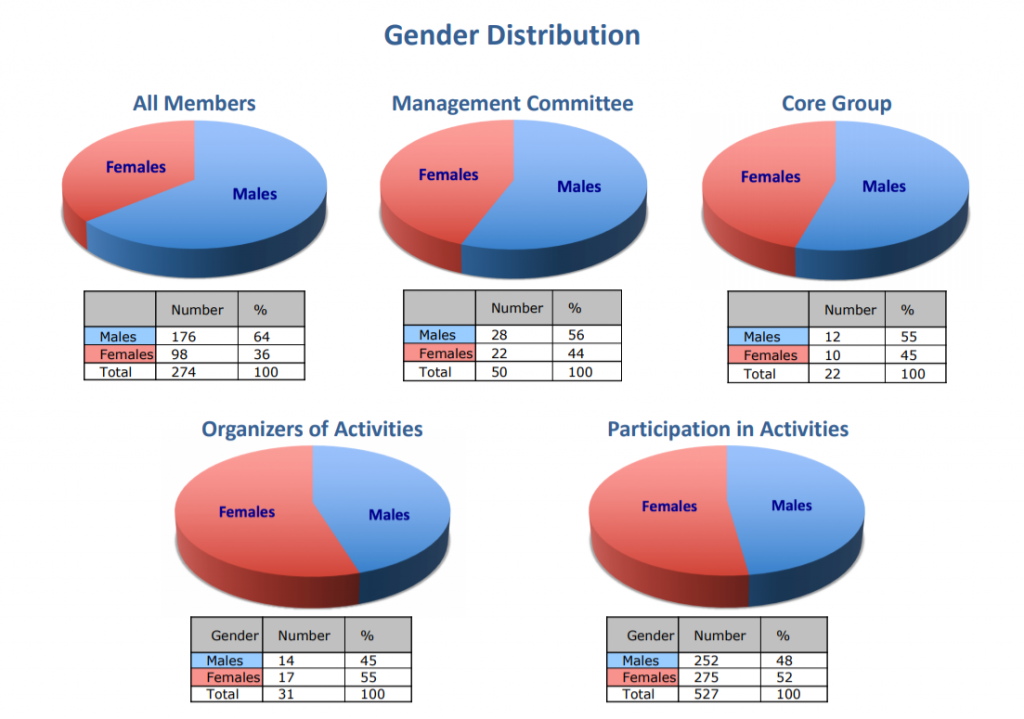Gender balance in research at European level:
Gender equality is a key issue in modern society which affects all aspects of life, from labour and the economy to health, education and domestic life. The importance of gender equality led the United Nations to include it in the 17 Sustainable Development Goals: “Achieve gender equality and empower all women and girls” (https://sustainabledevelopment.un.org/sdg5)
The underrepresentation of women in science is also a question being tackled by the European Commission across its main research and innovation programmes, such as HORIZON 2020. The following strategic objectives have been set:
- Gender balance in research teams;
- Gender balance in decision-making;
- Integrating gender/sex analysis in research and innovation content.
Further information on gender balance in research and innovation can be find in the following links:
- European Research Area- Gender equality and gender mainstreaming in research
http://ec.europa.eu/research/era/gender-equality-and-gender-mainstreaming_en.htm - Promoting Gender Equality in Research and Innovation- HORIZON 2020
https://ec.europa.eu/programmes/horizon2020/en/h2020-section/promoting-gender-equality-research-and-innovation - European Research Council Gender Balance Working Group
https://erc.europa.eu/thematic-working-groups/working-group-gender-balance - Gender Equality in Academia and Research – GEAR tool
http://eige.europa.eu/gender-mainstreaming/toolkits/gear
Other resources to assess gender bias in research:
Project Implicit is a non-profit organisation that aims to educate the public about hidden biases and provide a “virtual laboratory” for collecting data on the Internet. It provides several tests regarding gender bias in several contexts: https://implicit.harvard.edu/implicit/aboutus.html
STAGES- gender bias tests: http://stages.live.iola.dk/en/
LIBRA- Unifying innovative efforts of European research centres to achieve gender equality in academia is a EU project aimed at increasing the representation and participation of women in leadership positions in life sciences: http://www.eu-libra.eu/
Gender bias at a glance:
PROTEOSTASIS contribution to gender balance in research:
The COST Programme has also integrated gender balance as a fundamental aspect of its policy that should be transversally achieved during the execution of the Actions. PROTEOSTASIS has also made a relevant contribution for gender equality as it can be observed in the graphics below. As major milestones, we would like to outline:
- The Chair and Grant Holder of the network, Dr. Rosa Barrio, is a female researcher.
- The Management Committee and the Core Group of the Action are gender balanced, very close to the 50%-50% target foreseen by the European Commission.
- Most of the Activities (meetings & trainings schools) were organized by female researchers taking part in the network.
- The participation of female and male researchers in the different network activities is also balanced.
Nevertheless, male researchers are more represented as critical mass of the Action and within the Working Groups. Considering the scientific field, the rates are quite standard. Still, PROTEOSTASIS makes all efforts to achieve better gender equality ratios.

